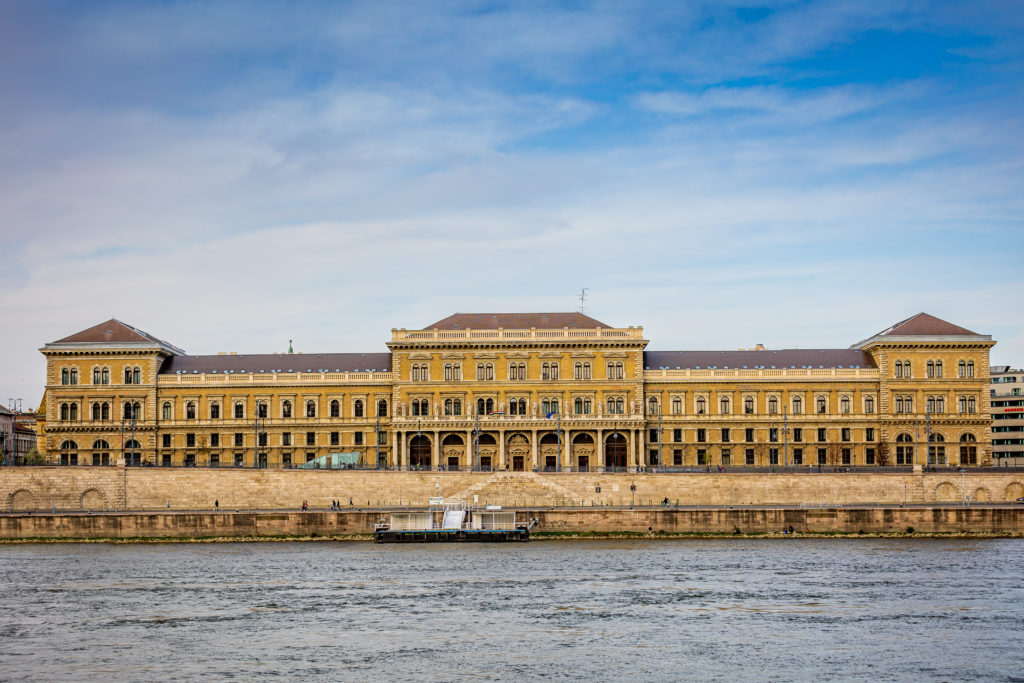Radio interview with Dr. Nuno Morgado about foreign policy challenges for Brazil in the National Radio of Latvia

The first challenge for Brazil is to solve its three extremely serious domestic problems. They are the following, according to Dr. Morgado.
1. Security problem: the intentional homicide rate has been an average of 50-55.000 assassinated people per year in the last decades. Plus, Brazil has also problems with kidnapping and extortion, drug trafficking and consumption, and robberies. Bolsonaro’s administration has been reducing crime effectively but there is still a long way to go.
2. Educational problem: Brazil has a high level of functional illiteracy. We should also understand that this lack of literacy and a lack of education for ethics and for becoming responsible citizens can also be seen as a cause of the traditionally high levels of corruption that describes Brazil since decades (and again, data shows that since Bolsonaro assumed the presidential office, corruption is decreasing, but it is still high in many levels of the state).
3. Economic problem: it is connected to the fact that Brazil suffered, in recent years, the worst recession in a century due to corruption manoeuvres, in which trillions of R$ were stolen by leftist officials from public funds. In spite of Bolsonaro’s attempt to liberalize the economy, according to the Heritage Foundation’s index of economic freedom, Brazil is still in the category “mostly unfree”.
The second challenge of Brazil, as stated by Dr. Morgado, is to match or realign the perceptions of space of the Brazilian élites, and their intentions, and ambitions with the Brazilian People (who wants national independence and prosperity, as any other nation). The South American Regional Integration – which is a continentalization strategy – has been the priority for the Brazilian élites. However, research results show that the South American integration has not only been disarticulating Brazil’s national sovereignty, and consequently, Brazil’s national interests for international projection; but this priority has also received muscle from the São Paulo Forum, which is an international organization that has been connecting national leftist political parties of many South American countries with criminal organizations – since its foundation in 1990. The São Paulo Forum aims to create a socialist bloc in South America – A Pátria Grande (or the “Great Bolivarian Fatherland” in English).
In other words, this South American integration, as a political manoeuvre, has been diverting Brazil’s efforts from solving its domestic problems, which were just mentioned, and, consequently, it diverted efforts towards an objective of national projection of power in the international arena. Instead of that, Brazil has been pursuing a self-damaging continentalization project and that is why the over and over-proclaimed take-off of Brazil never happened.
Bolsonaro’s Administration did not change the geopolitical continuity of the South American integration. Either because he did not want to change it; or because he does not understand the importance of that change; or because he could not change it, as a great part of the political class, of the judiciary system, of the state’s bureaucracy, of the educational system, of the mass media, of the show business, and even part of the hierarchy of the Catholic Church and the Army, are against Bolsonaro and his administration. So, Bolsonaro counts only with the support of the majority of the nation, it’s true, but that support is dispersed and liquid, when compared to the organized opposition of the mentioned structures in politics and in the society.
Now, what could be an alternative to the south American integration for Brazil? For example, a sea power agenda, as the Brazilian geopolitician Therezinha de Castro defended, among other scholars. That means, investment in maritime power projection, and giving priority to alliances with maritime countries, such as the USA, the UK, and Portugal. However, if the current variables and context do not change, that is very unlikely to happen.
The recording of the interview is available here.
Further information: